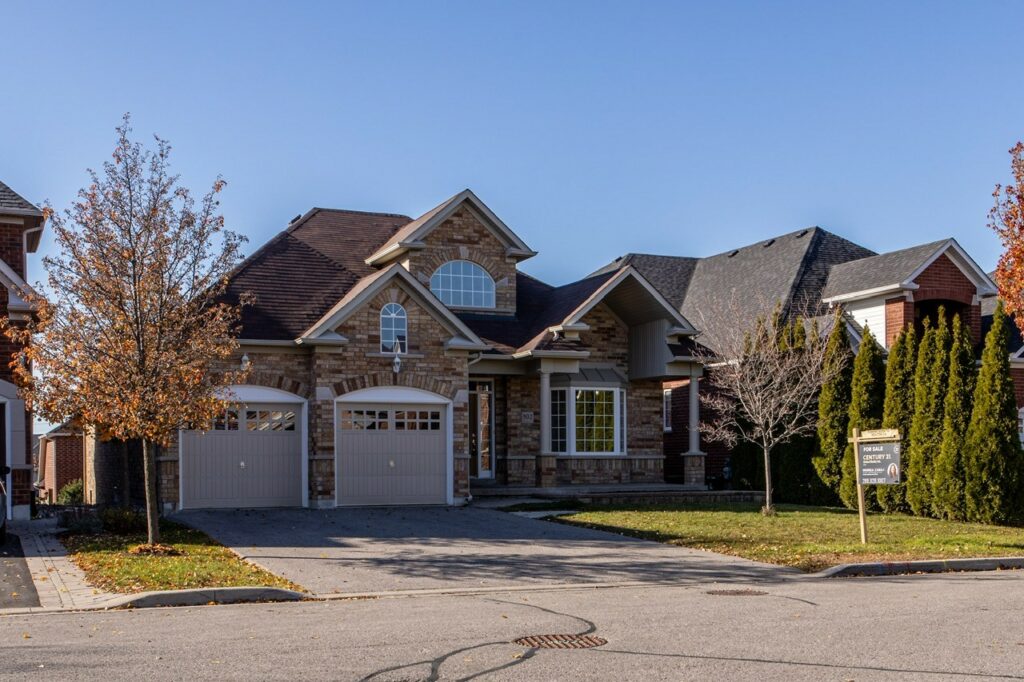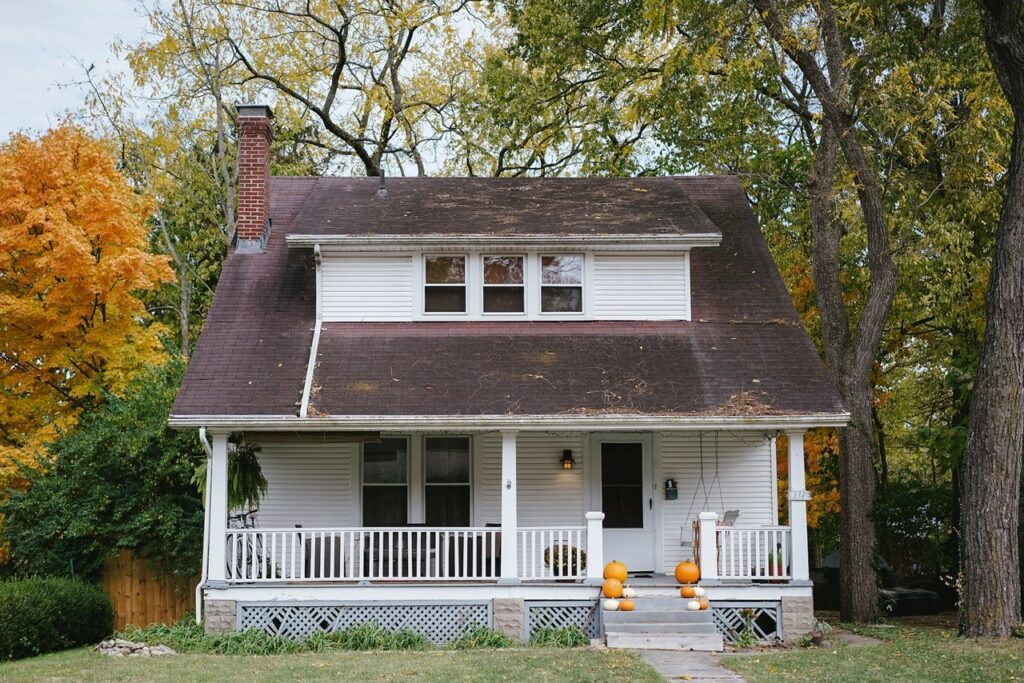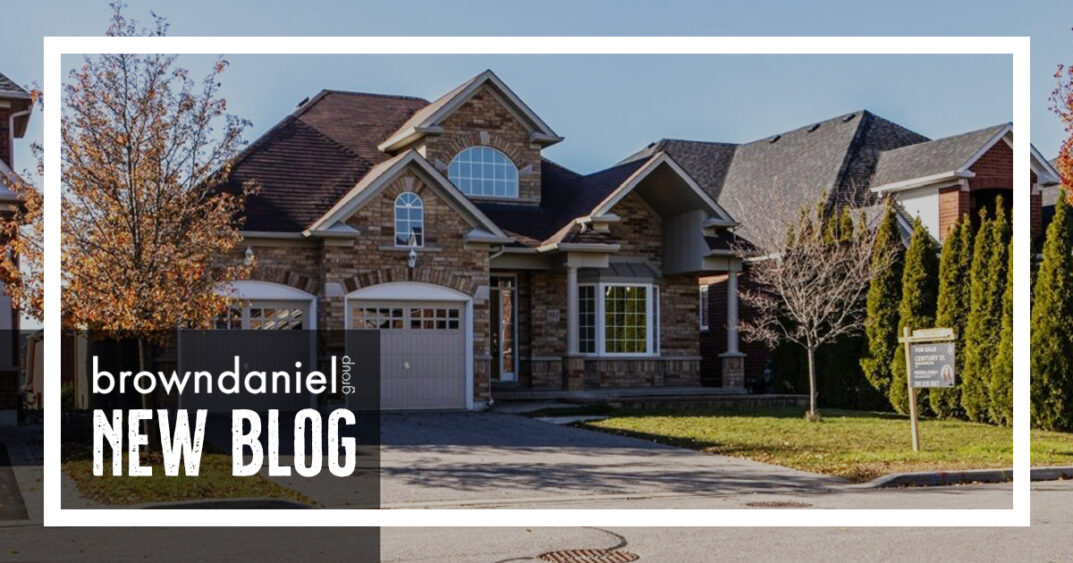
We all know how important it is to have a will in place long before we have to consider end of life decisions. However, there are still many people who never get around to taking this important legal step, and die without a set plan of inheritance in place. If a homeowner passes away without having documentation for who should inherit their home, the property will go into something referred to as probate. With no clear heir, the property is turned over to the courts, and the closest relative of the deceased is appointed as the executor of the estate. It is this person’s job to sell the property. However, selling a probate property can mean long drawn out proceedings, especially with larger estates.
This can be a costly, multi-step process, and skipping any of the legal requirements can draw the process out even more. As the executor of the estate, you will need to be patient as the assets of the deceased are analyzed and the rightful inheritors of the estate are determined. Once this is done, executors work to liquidate the real estate, so that the proceeds from the sale can be distributing evenly amongst these found beneficiaries. If the deceased had outstanding debts that must be paid from the sale of the estate, those creditors must also be found, so that you know everyone who can and should receive money from the sale of property.
The average length of time it takes to complete a probate sale in Georgia is 9 to 18 months. You will see why this long time frame is needed as we describe the steps to a probate sale in more detail below.
Steps for Selling a Probate Property

The first thing you should do if you find yourself in the role of executor is to engage the services of a real estate professional who is experienced with selling probate properties. You will want to hire an agent with a CPRES certification. CPRES stands for “Certified Probate Real Estate Specialist” and this certification means that the agent has taken additional classes specifically centered around selling probate properties, and working with families who have lost a loved one. They also have more experience than other agents with working through the probate process. This agent will assist you throughout the process, and the following steps you should take to sell the property:
Have the Property Appraised
Your first step will be to locate an independent certified appraiser so that you can have the property appraised. You can easily find an appraiser online, or if you’ve already selected a real estate agent, they will be able to give you a referral based on your specific needs.
File A Petition
Once you have obtained your certified appraisal, your next step will be to file a petition with the court to sell the probate property. While filling out your petition, you will need to include pertinent information about the property, along with the method that will be used to complete the sale, such as selling at an auction or on the open real estate market. Submit your petition along with the certified appraisal. After you have obtained approval from the court you will be able to proceed with the sale.
List the Property
Your agent will next list the property for sale. Probate properties must be listed with conditions, because the probate court has to confirm any possible transactions. As the executor, you are not able to accept an offer unless it is confirmed by the court. This requirement should be spelled out in the listing so that potential buyers understand the conditions of the sale.
Often, the people who will make offers on a probate property are real estate investors rather than private individuals. These investors often have experience buying probate properties, and are familiar with the steps and time frame involved. However, anyone can purchase a probate property if they so choose, and it can be a way to find the property you want at a considerable bargain.
Required Deposit
In Georgia, a buyer must put down 10 percent deposit in order to make an offer on a probate property the amount of which is based on the expected purchase price of the home.
Waiting for Court Confirmation
When you receive an offer that you would like to accept, along with the deposit, you then must petition the court for a hearing to confirm the transaction. This is why it is so important to disclose this condition of sale in the listing. The confirmation step in the process can lead to significant delays in the timeline of the sale. You can often expect to wait anywhere from 20 to 40 days from the date the petition was filed, for the court to schedule this hearing. When courts are understaffed or have received many petitions in a short period of time, you and your potential buyer may have to wait even longer.
Notification to Heirs
Earlier in the process, rightful heirs and beneficiaries of the estate were determined. Now, those people must be notified about the impending sale, and they must approve. To achieve this, a Notice of Planned Actions is mailed to any or all heirs, simply stating the conditions of the planned real estate deal. The heirs will then have 15 days to examine the notice and present any possible objections they may have to the transaction.
Court Hearing
Just because the heirs have been notified and no objections have been made does not mean that the sale can now be completed. Part of the reason for the court hearing is to allow for overbidding. During the hearing, the judge will ask if there is anyone present in the court who would like to bid on the property. This is done in order to get more money for the property, and therefore more money to disperse tot he identified heirs. Any bids placed at this time must be at least 5 percent plus $500 more than the offer agreed upon from the potential buyer. The judge will accept multiple bids, and will continue until the highest bid has been made. Your buyer will be at the hearing, as a part of the listing conditions. This person may also participate in the bidding process, but this means the price they pay for the home will be driven higher.
Refunding the Deposit
If a new buyer wins during the bidding process, the 10 percent submitted by the initial buyer will be refunded to them, and they will not longer be a part of the real estate transaction. The new purchaser must now present a cashier’s check for an amount equal to 10 percent of the price they bid when they won the contract. A contracting is now signed between all parties, and the property normally closes within 15 days after the hearing.
Closing
Once the full process has been completed and you have a buyer and a signed contract, you can close on the sale of the probate property. As the executor of the estate, you will be the person responsible for placing the money from the sale into the estate fund. From here it will be dispersed to the creditors and heirs and the process is complete. In Georgia, it is a requirement that creditors be paid first, and failure to do so can leave you as the executor liable for the outstanding debts, so you will want to follow this directive. Heirs will receive a their portion of the sale from the money remaining once the estate’s outstanding debts are resolved.
Distressed Properties

Sometimes properties that make their way to the probate court are in considerable disrepair. This will make them much harder to market and sell, and yet, if the deceased has outstanding debts, selling their property is likely the only option. Ideally the heirs that have been located would agree to pool their resources and pay for needed repairs, in order to make sure everyone received a larger amount from the sale of the home. This is often not how things pan out though. Oftentimes the heirs are not interested in, or not able to foot the bill for repairs. They may not have the financial ability to do so, or they may know that the deceased owed a significant amount of money to creditors, so they know they will not see a return on their investment when they receive their portion of whatever paltry sum remains once debts are paid.
If repairs cannot be made and a distressed property must be sold as is, you will likely only be able to market the home to cash buyers and real estate investors. These people are used to purchasing fixer-uppers, and will not be scared off by a laundry list of fixes needed to make the house inhabitable.

